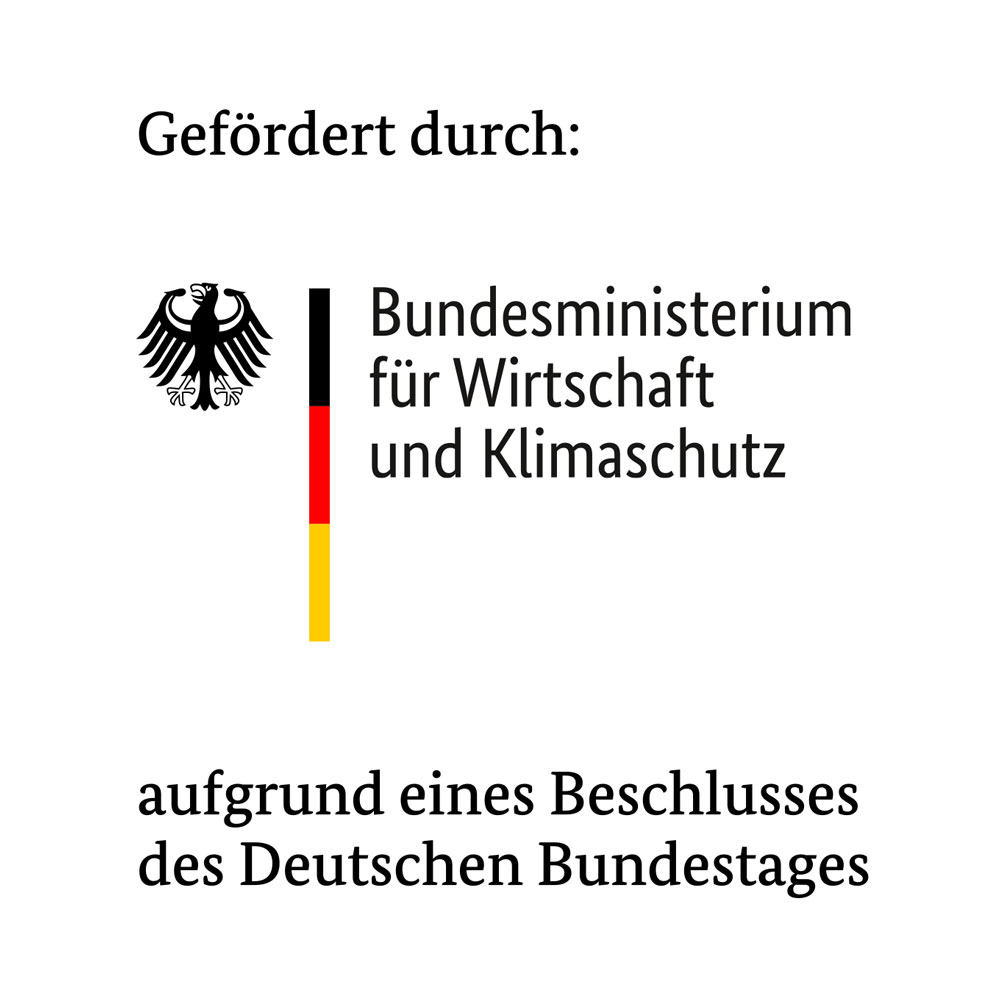We understand material.
The Fraunhofer IMWS is the point of contact for industry and public clients when it comes to the reliability, safety, service life and functionality of components and systems. We develop innovative production steps and help you optimally adjust the properties of materials and components to the loads and functions required during their application. The Fraunhofer IMWS is located in Halle and has approx. 300 employees. It caters to the automotive electronics, microelectronics, microsystems technology, photovoltaics, biotechnology, medical technology, polymer processing and aircraft construction markets.
Range of services provided by the Fraunhofer IMWS
• Clarification and management of defects, tearing, deformation, failure, wear, malfunction, fatigue
• Material characterization, component testing, damage analysis, fault diagnostics, microstructure analysis
• Material modelling, process and component simulation and design
• Surface layer evaluation, coatings, functionalization, bio- and interface analysis
• Process and device development
• Technological and economic consultation for technology and regulatory impact assessment, sustainable value creation systems and global value chains
Bio-adhesives made from vegetable oil as a practical example of a bioeconomic process
There are now examples of plastics made from biobased raw materials. However, the resulting products can only be truly sustainable if the adhesives, varnishes and foams used to produce these products are also made from biobased raw materials. This is something the Fraunhofer IMWS in Halle (Saale) is working on.
Up to now, adhesives have mostly been made of petroleum-based thermoset epoxy resins; however, vegetable oil-based epoxides can have similar material properties. They are based on vegetable oils, such as scorpion fish oil, which contain a high proportion of unsaturated fatty acids. Combining these vegetable-oil epoxides with suitable curing agents produces highly durable plastics.
Because there can be a wide variation in the chemical composition of natural raw materials, suitable biogenic resins undergo detailed analysis at the Fraunhofer IMWS. The institute’s research activities range from identifying suitable ingredients, to functionalizing and developing suitable processing methods and upscaling these to industrial scale. Vegetable oil-based epoxides are now being used to develop novel adhesives that are 86 percent biobased.
Vegetable oil-based plastics can also be used in foams, for example to thermally insulate buildings. The Fraunhofer IMWS cooperates with partners from industry in developing finely-tuned compositions of epoxidized linseed oils and curing agents that have short curing times and low viscosities. The biogenic mass fraction is currently 80 percent. The functional material is lignin, a waste material from cellulose production, around 20 billion tons of which is generated annually.
So far there have been few attempts to use sustainable materials for adhesives, varnishes and foams. Our material concepts pave the way for this.

